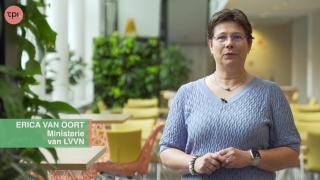RE-Place: a database centralising the available expertise on NAMs in Belgium
RE-Place is a scientific project funded by the Flemish and Brussels government which aims to collect all available expertise on the use of alternative methods to animal testing, also known as ‘New Approach Methodologies (NAMs)’ in one central database.
As the development of NAMs is continuously evolving, it can be challenging for (young) scientists to find relevant information on the use thereof. In order to facilitate access to this type of information, the ‘RE-Place’ project was launched. The RE-Place database not only provides a reliable overview of the different NAMs, but also the names of experts and research centres where these techniques can be learned in Belgium. If you are interested to participate in this project, don’t hesitate to contact info@RE-Place.be!
The RE-Place project is coordinated by Sciensano and the Vrije Universiteit Brussel.
New

Helpathon #12 – Can you help Erica?

The NAM Navigator: A unique repository for information on the validation and acceptance of New Approach Methodologies
